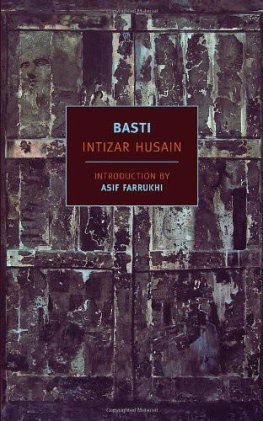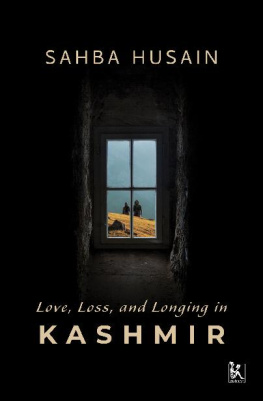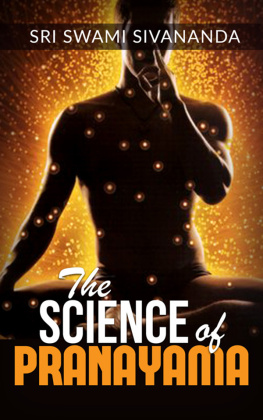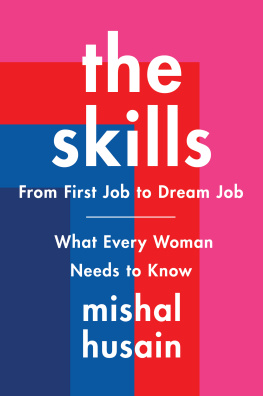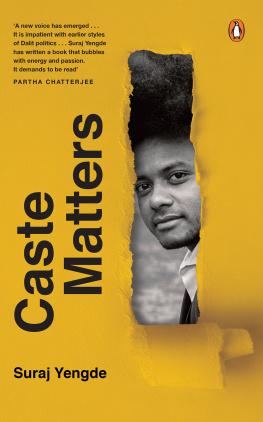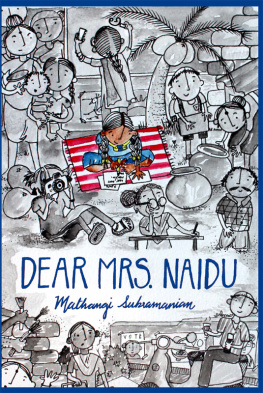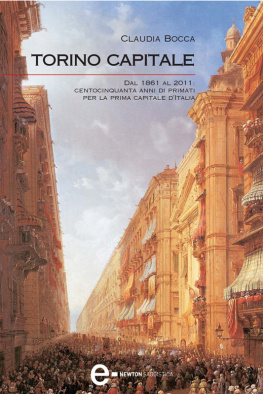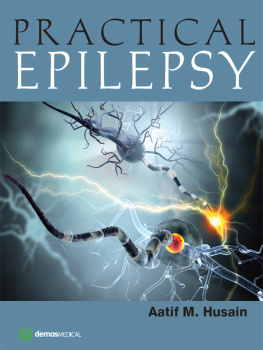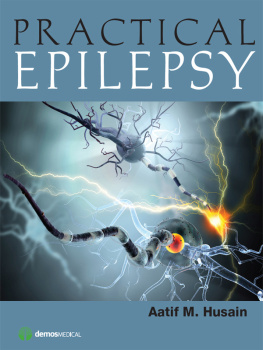Intizar Husain - Basti
Here you can read online Intizar Husain - Basti full text of the book (entire story) in english for free. Download pdf and epub, get meaning, cover and reviews about this ebook. year: 2012, publisher: NYRB Classics, genre: Prose. Description of the work, (preface) as well as reviews are available. Best literature library LitArk.com created for fans of good reading and offers a wide selection of genres:
Romance novel
Science fiction
Adventure
Detective
Science
History
Home and family
Prose
Art
Politics
Computer
Non-fiction
Religion
Business
Children
Humor
Choose a favorite category and find really read worthwhile books. Enjoy immersion in the world of imagination, feel the emotions of the characters or learn something new for yourself, make an fascinating discovery.
- Book:Basti
- Author:
- Publisher:NYRB Classics
- Genre:
- Year:2012
- ISBN:9781590175828
- Rating:5 / 5
- Favourites:Add to favourites
- Your mark:
- 100
- 1
- 2
- 3
- 4
- 5
Basti: summary, description and annotation
We offer to read an annotation, description, summary or preface (depends on what the author of the book "Basti" wrote himself). If you haven't found the necessary information about the book — write in the comments, we will try to find it.
Basti — read online for free the complete book (whole text) full work
Below is the text of the book, divided by pages. System saving the place of the last page read, allows you to conveniently read the book "Basti" online for free, without having to search again every time where you left off. Put a bookmark, and you can go to the page where you finished reading at any time.
Font size:
Interval:
Bookmark:
Intizar Husain
Basti
INTRODUCTION
At the beginning of Intizar Husains Bastian Urdu word that refers to a human settlement of any dimension, from a few houses to a city we see the world through the eyes of a child, and it is a paradise of brightly colored birds, playful animals, and luscious greenery. This paradise, however, proves to be short-lived. Soon Zakir, the protagonist and narrator of the book, is cast into a world of violence and uncertainty and regret and longing: the world of modern Pakistan. Images of burning houses and cities, of ash and smoke abound. Near the end of the book, this ongoing conflagration is glossed in words of the Buddha:
Monks, just imagine a house which is burning on all four sides. Inside it some children are stumbling around, trembling with fear. Oh monks, men and women are children, stumbling around in a fiercely blazing house.
This is followed by a line from the Quran that tolls through the final pages of the novel: I swear by Time, man is surely in loss.
To contemplate the character and dimensions of that loss and find a new form to contain it, one that strikingly combines the historical past and present-day events, mythic lore and modernist experimentation, elements of both the oral and the written, and various sacred and secular traditions of South Asia this is the triumph of Husains Basti.
One of the most celebrated writers in South Asia today, Husain is the author of numerous collections of short stories, three novels, and two memoirs, as well as a translator of writers from Chekhov to Stephen Crane and Thornton Wilder. Born in 1925 in Dibai, a small town near the north Indian city of Aligarh, he prefers to abide by his grandmothers custom of dating a life in relation to historical events, such as wars, plagues, and the rise and fall of nations and empires and their leading figures. By such a reckoning, Husain came of age as the British Raj was coming apart. His family belonged to the Urdu-speaking gentry, the ashrafiya, and his father, a convert to the Shiite creed, was a learned and religious man who was very much opposed to Western and modern ideas. Husain, his only son, was accordingly educated in a traditional madrassa as a child but later obtained a masters degree in literature from Meerut College. By this time he had decided to become a writer.
He made a beginning as a poet and a critic, but then turned to fiction, writing his first stories in response to the terrible ordeal of the 1947 partition of India, in which millions of people were driven to leave their homes and up to a million died, and the new state of Pakistan, itself divided into noncontiguous western and eastern sectors, emerged. In response to a radio transmission from the noted critic Muhammad Hasan Askari, a mentor for the budding writer, Husain left his native town in India and moved to Lahore, the traditional center of Urdu cultural life, in West Pakistan. There he worked as a journalist, as he does to this day, immersing himself in the literary life of the city and rapidly making a name for himself as a writer of short stories (a first collection came out in 1952 and was followed by another in 1955). These stories, like those of Husains great contemporary Qurratulain Hyder, focused for the most part on the search for roots after the disruption of partition, while also displaying a remarkable degree of formal invention. In the hands of Saadat Hasan Manto and others, the Urdu short story had already attained a high level of maturity and sophistication; Hyder and Husain extended this tradition.
Husains first stories might be described as Chekhovian. Increasingly, however, he was drawn to the work of twentieth-century European masters like Kafka, even as he began to explore a wide variety of traditional South Asian narrative forms, some very ancient. These included the interlinked animal tales from the Sanskrit Panchatantra; the Jataka tales of the Buddhas endless cycle of births; and Persian dastaans, those epically vast sequences of loosely linked stories, full of chivalry, romance, magic, and trickery, recounting the exploits of legendary heroes like Amir Hamza. Equally at home in these European and Asian traditions, Husain came to read The Metamorphosis through the lens of a dastaan in which a prince is turned into a fly, and the dastaan in turn through Kafka. His new style critics spoke of it as a turn toward symbolism contributed to a larger shift in Urdu fiction, as the naturalism of an earlier generation of left-of-center progressive writers, with its emphasis on the squalid details of poverty and oppression, was replaced by a search for more imaginative and challenging approaches to the depiction of reality. Many writers believed that more than two-dimensional realism was needed to depict the vast social changes that had come with independence.
Husains remarkable 1962 work, Din aur Dastaan (Daytime and Dastaan), marks a crucial turning point in his career. The book is in two distinct parts, each quite unlike the other apart from their common connection to the 1857 uprising against British rule. (The British have traditionally referred to this as the Great Mutiny because it began with a revolt of Muslim soldiers, but historians now commonly see it as a full-scale war of independence.) The first part of the book, Daytime, is a novella in the vein of Turgenev, a writer whom Husain has translated: It is a study of unrequited love as well as a sympathetic and conventionally realistic portrayal of the north Indian gentry in decline during the years immediately before partition, and a brilliantly sustained evocation of a long-lost past full of decaying mansions, dark rooms, superstitions, beliefs, and rituals, that revolves around half-realized and unarticulated love, various journeys and farewells. The dastaan that follows, called Roaring Water, is something else entirely. This may well be the only instance of a modern Urdu writer working in this fantastical genre, and it stands as a precedent for later works in a similar vein by Salman Rushdie and John Barth, among others. Here tale within tale unfolds, stories of adventure and romance that are all based on folk beliefs about 1857. Both Roaring Water and Daytime confront the political and social legacy of that war which gave rise to questions of personal and collective identity that are still very much alive today but they do so in ways that are not just unlike but irreconcilable. Husain, who has described himself as the last remaining soldier of 1857, thus implies that history alone cannot take the measure of this foundational conflict, the precursor to many later ones. It must be imagined and imagined again.
In 1971 Pakistan suffered a new crisis and a new division. Political tensions between the countrys western and eastern sectors came to a head when a political party from the more populous but economically deprived east triumphed in national elections, a result that the military government, based in the west, then refused to recognize. The illegitimate and brutal military response of the Pakistan army led the east to declare independence, after which India intervened and war erupted on both eastern and western fronts. Pakistan suffered a humiliating defeat, and the former East Pakistan emerged as the current state of Bangladesh. Husain, like many intellectuals in West Pakistan, was not fully aware of the savage nature of the armys operations in the east, and initially he viewed these events as a crisis of the nation-state. In 2005 I conducted an interview with him in which he remarked that the immediate sociopolitical situation of the country impelled him to write, continuing:
All at once I felt that 1947 had again come alive within me. That whole period before and during 1947 came back to me so sharply and intensely that without thinking what I should do with it, without planning to make it into a novel I just went on writing and writing. After that I put the pen down; after that the news began to come. East Pakistan had fallen. When some months had passed, I again picked up the pen and looked at what I had written [and] the form of the novel began to take shape in my mind and my imagination.
Font size:
Interval:
Bookmark:
Similar books «Basti»
Look at similar books to Basti. We have selected literature similar in name and meaning in the hope of providing readers with more options to find new, interesting, not yet read works.
Discussion, reviews of the book Basti and just readers' own opinions. Leave your comments, write what you think about the work, its meaning or the main characters. Specify what exactly you liked and what you didn't like, and why you think so.

